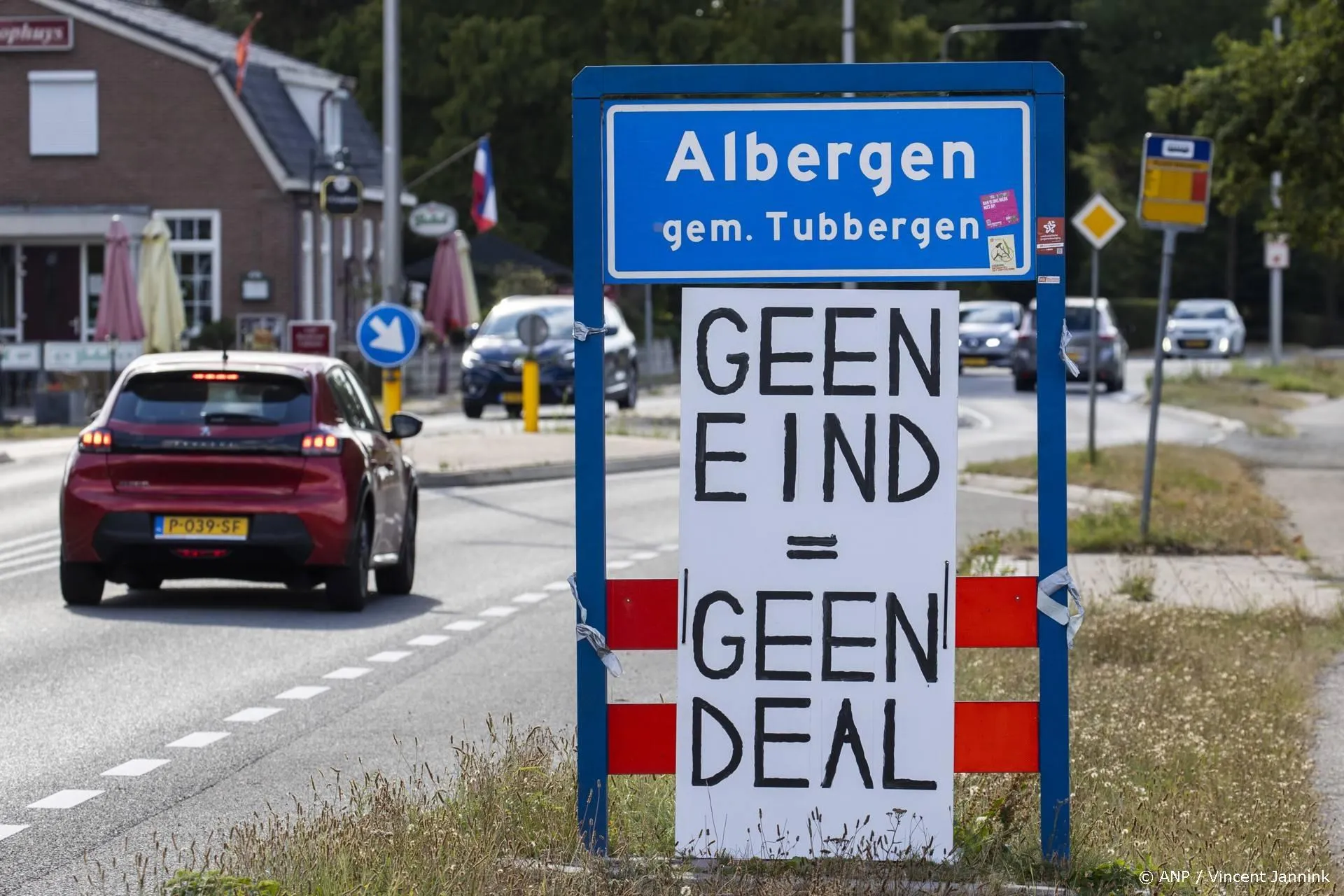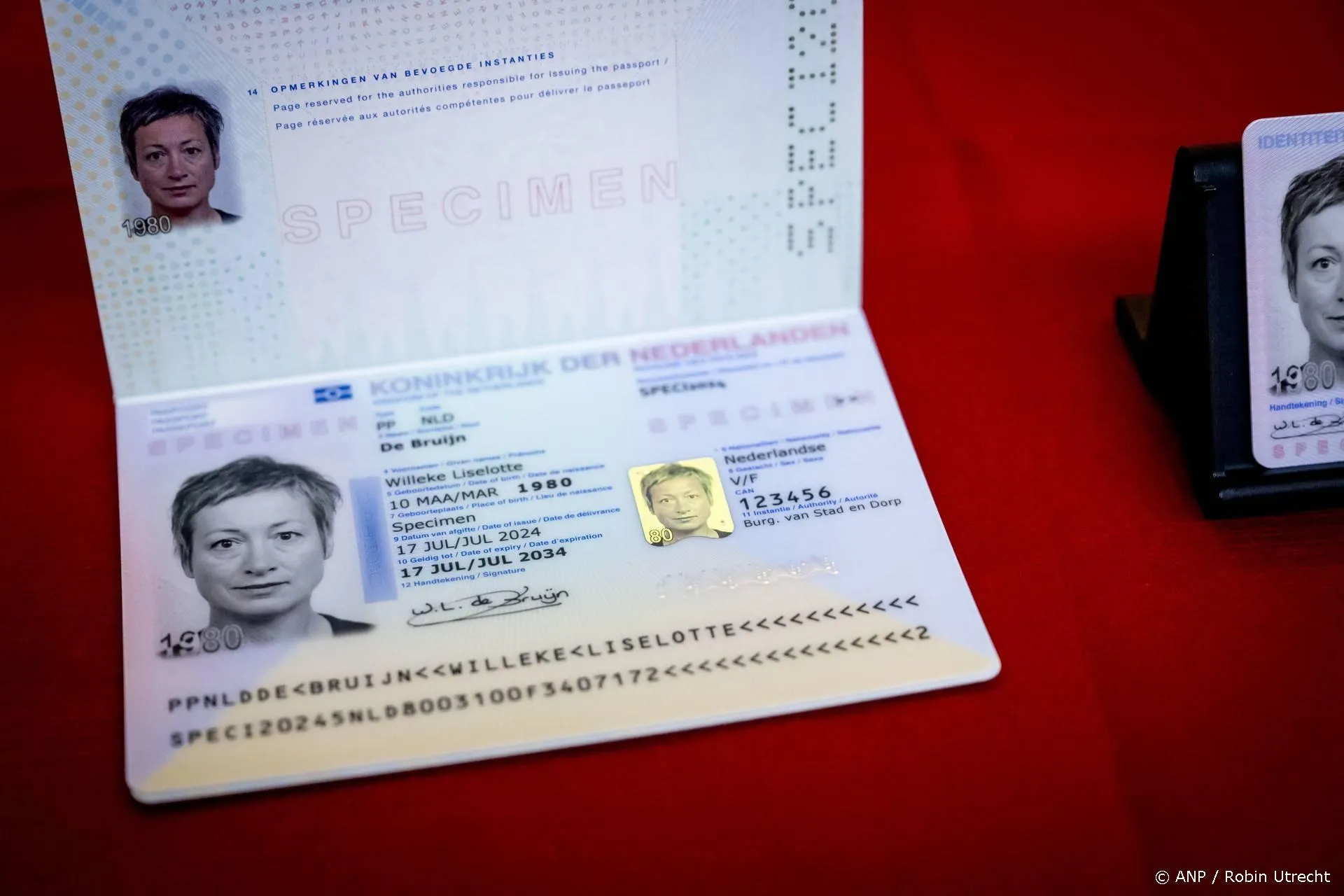Vernietigende kritiek John Christy op klimaat'consensus' en VN-klimaatpanel
I am not using these statistics to prove the weather in the US is becoming less extreme and/or colder. My point is that extreme events are poor metrics to use for detecting climate change. Indeed, because of their rarity (by definition) using extreme events to bolster a claim about any type of climate change (warming or cooling) runs the risk of setting up the classic non-falsifiable hypothesis. For example, we were told by the IPCC that milder winter temperatures will decrease heavy snowstorms. After the winters of 2009-10 and 2010-11, we are told the opposite by advocates of the IPCC position, Climate Change Makes Major Snowstorms More Likely. ( ) The non-falsifiable hypotheses works this way, whatever happens is consistent with my hypothesis. In other words, there is no event that would falsify the hypothesis. As such, these assertions cannot be considered science or in anyway informative since the hypothesis fundamental prediction is anything may happen. In the example above if winters become milder or they become snowier, the hypothesis stands. This is not science.
There is no evidence of acceleration in this trend. This evidence strongly suggests that climate model simulations on average are simply too sensitive to increasing greenhouse gases and thus overstate the warming of the climate system.
The second set of studies investigates one of the clearest signatures or fingerprints of greenhouse gas warming as depicted in climate models. This signature consists of a region of the tropical upper atmosphere which in models is shown to warm at least twice as fast as the surface rate of warming. We, and others, have tested this specific signature, i.e. this hypothesis, against several observational datasets and conclude that this pervasive result from climate models has not been detected in the real atmosphere.
Since climate models project a temperature rise on the order of 3 °C for a doubling of CO2, it is clear that in the models, positive feedbacks come into play to increase the temperature over and above the warming effect of CO2 alone, which is only about 1°C. However, given such observational results as noted earlier (i.e. warming rates of models being about three times that of observations) one can hypothesize that there must be negative feedbacks in the real world that counteract the positive feedbacks which dominate model processes.
The term consensus science will often be appealed to in arguments about climate change. This is a form of argument from authority. Consensus, however, is a political notion, not a scientific notion. As I testified to the Inter-Academy Council last June, the IPCC and other similar Assessments do not represent for me a consensus of much more than the consensus of those who already agree with a particular consensus. The content of these reports is actually under the control of a relatively small number of individuals - I often refer to them as the climate establishment who through the years, in my opinion, came to act as gatekeepers of scientific opinion and information, rather than brokers. The voices of those of us who object to various statements and emphases in these assessments are by-in-large dismissed rather than acknowledged.
The evidence above suggests that climate models overestimate the response of temperature to greenhouse gas increases. Even so, using these climate model simulations we calculate that the impact of legislative actions being considered on the global temperature is essentially imperceptible. These actions will not result in a measurable climate effect that can be attributable or predictable with any level of confidence, especially at the regional level.
Lees ook
Loading


